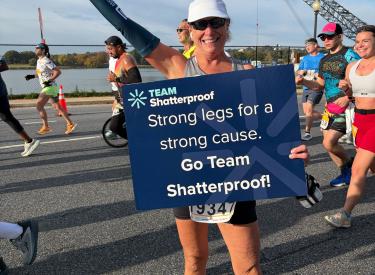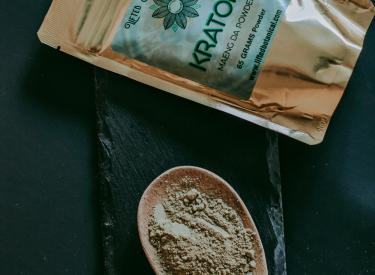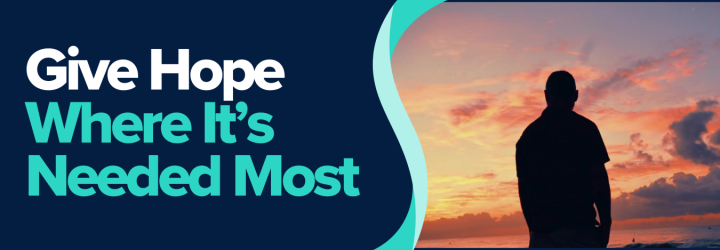
Addiction Affects Every Child in the Family
When I was a single mom living in NYC with my 2 sons, my older son was falling deeper and deeper into the throes of a substance use disorder (SUD).
I was desperate — getting and keeping him on insurance, trying to find a treatment program, a therapist, etc. Meanwhile, my younger son was entering puberty, adjusting to a new school, struggling with attention deficit hyperactivity disorder (ADHD), and dealing with his older sibling’s substance use.
I managed to put food on the table every night for my younger son, to bring him to doctors’ appointments, attend teacher conferences, and even squeeze in some fun things, like going to a Broadway play and taking a tram ride across the East River. But I struggled to just get through the basics.
Eventually my older son’s SUD got so bad that I had to tell him he could no longer live with us. By then, he was in his mid 20s. When I told my younger son he yelled at me, “You’re just going to let my brother die!” I was stunned. I realized despite the difficulties in their relationship, he was extremely worried about his brother’s future.
When we love someone with a SUD, it can preoccupy every moment — Where are they? Are they ok? Have they been mugged, or worse, overdosed? Do I need to give them an ultimatum? Set another boundary?
I followed through on my plan and asked my older son to leave. It felt too dangerous and unpredictable to have him at home, and it was taking a toll on our mental and even physical well-being. I don’t regret that decision, but I do regret not making it more of a priority to give my younger son more undivided attention. It’s easy to forget that the other children are also affected by the disease of a SUD.
As long as they aren’t causing problems, it’s easier to assume things are okay. And at the time, I couldn’t take one more piece of bad news. But my younger son needed to be seen, accepted and responded to with compassion and understanding. If you find yourself in this situation, it’s important to give siblings accurate, age-appropriate information about the disease of a SUD and how it affects the entire family.
It’s also critical to carve out some uninterrupted time just for them when you don’t have to think or worry about the disease. You could even agree not to mention it for a set period of time. Crucially, in order to be there for them, you have to be there for you. Self-care is not optional. It is not a luxury.
We must do it to show up for ourselves and the other members of our family. While the child with a SUD has a disease, and certainly needs love, understanding and compassion, they still have a choice about whether to seek treatment or not. The other children haven’t had the ability to choose a life unaffected by a SUD.
It is important that we acknowledge how difficult this can be for them, and make an effort to mitigate the effects of their sibling’s disease upon them. Their sibling may be in the throes of addiction, but your other children still deserve to have a normal childhood with fun times, silly times, carefree times sprinkled in amongst the challenging and difficult times.
And above all they deserve to have a parent who can share in the full spectrum of their experience.
Lee S. Varon was born in Chicago and moved to Boston to attend college. She is a clinical social worker and a single parent. She has had personal experience with members of her own family who have substance use disorder. She wrote My Brother is Not a Monster to give voice to the many children who love someone dealing with this disease. She followed it up with her second children’s book, A Kids Book About Overdose, as a practical resource in the ongoing opioid crisis.
Learn more about Lee and her works at leesvaron.com.




